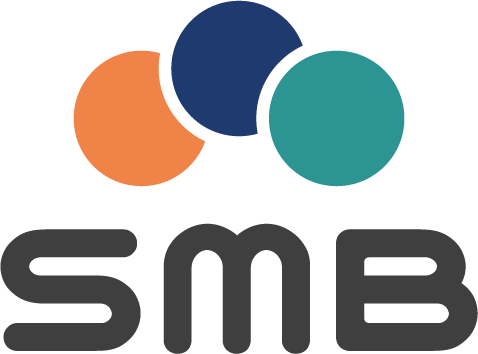Cookies Policy
DEFINITION AND FUNCTION OF COOKIES
A cookie is a file that is downloaded to your computer when you access certain websites. Cookies allow, among other things, to anonymously record user activity on the website. This allows certain parameters and information to be stored for the purpose of analyzing user data, improving website customization, or setting preferences.
What types of cookies does this website use?
The cookies of third-party service providers are the following:
(Third-party cookies are those sent to the user's terminal equipment from a computer or domain that is not managed by the publisher, but by another entity that processes the data obtained through the cookies.)
1.Google Analytics
Google Analytics cookies are used to compile website usage statistics. The goal is to understand visitor recurrence and the most interesting content. This allows us to focus our efforts on improving the most visited areas and making it easier for users to find what they're looking for.
The website may use information about the user's visit to perform evaluations and statistical calculations based on anonymous data, as well as to ensure the continuity of the service or make improvements to its websites.
For more details, you can consult Google's privacy policy at the following link [http://www.google.com/intl/es/policies/privacy/]
2. Google Maps
Two persistent cookies (PREF and NID) set for Google Maps applications and managed by Google.
For more details, you can consult Google's privacy policy at the following link [http://www.google.com/intl/es/policies/privacy/]
3. Media or social network cookies
Some services may use connectors to social networks such as Facebook or Twitter.
When a user registers for a service with a social network login, they authorize the storage of a persistent cookie that remembers their identity (until it expires). The user can delete this cookie and revoke access to the services by updating their preferences on the specific social network.
Photos and videos may sometimes be embedded from sites like YouTube, Flickr, etc. Therefore, if you visit a page with cookies embedded in the content, they may be placed on your device (for information about these, you should check the respective website).
Revocation and deletion of cookies
You can allow, block, or delete cookies installed on your computer by configuring your browser options. If you do not allow the installation of cookies, you may not be able to access some sections of the website.
The following links explain how to manage cookies according to different web browsers:
Chrome, from: http://support.google.com/chrome/bin/answer.py?hl=es&answer=95647
Explorer, from http://windows.microsoft.com/en-us/windows7/how-to-manage-cookies-in-internet-explorer-9
Firefox, from: http://support.mozilla.org/es/kb/habilitar-y-deshabilitar-cookies-que-los-sitios-we
Safari, from: http://support.apple.com/kb/ph5042
More information about cookies and their policy
You can find more information at the following links:
http://en.wikipedia.org/wiki/HTTP_cookie
http://www.agpd.es/portalwebAGPD/canaldocumentacion/publicaciones/common/Guias/Guia_Cookies.pdf


